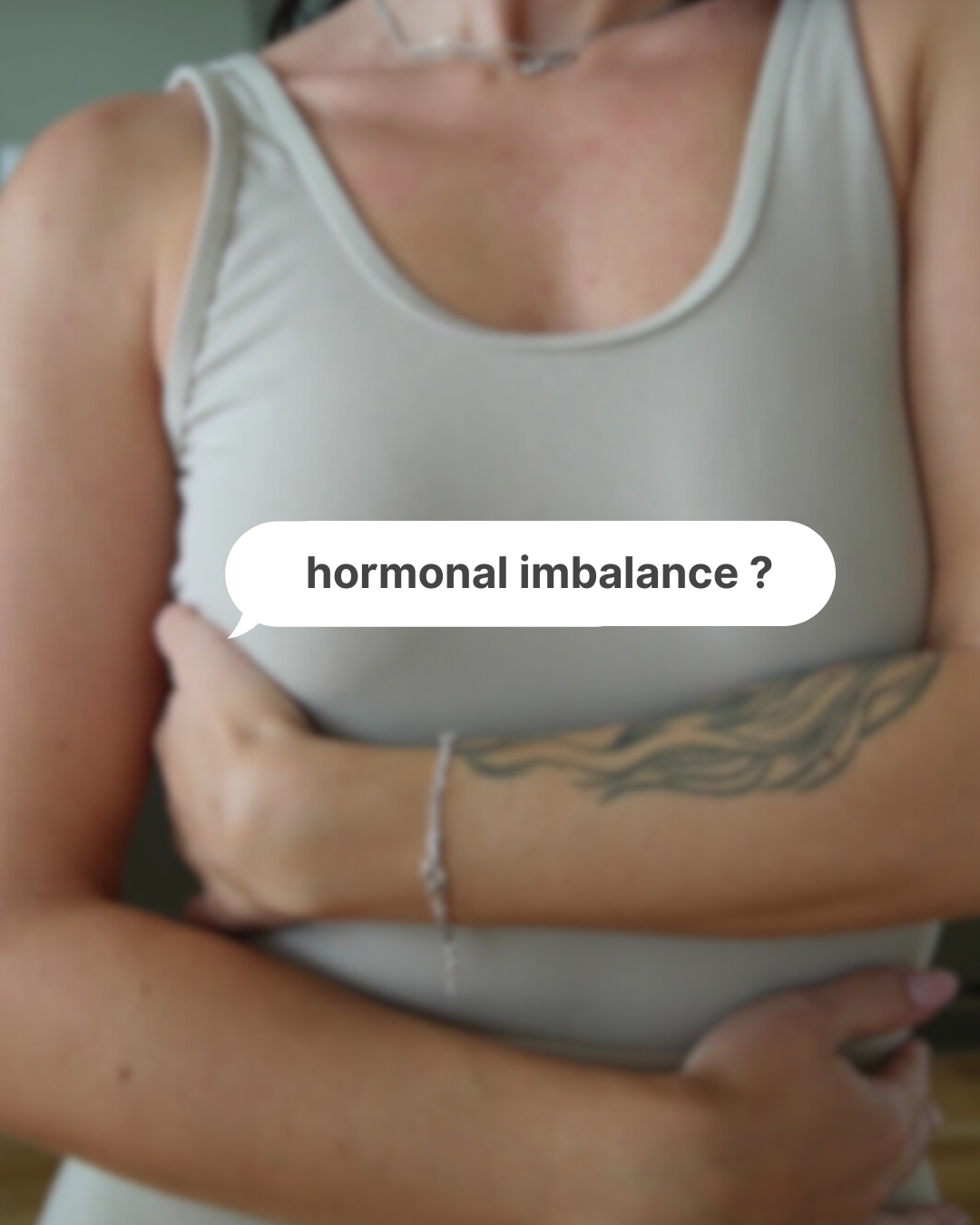Think you might be dealing with hormonal imbalances? Feel like your body and cycle have declared war on you?
In this article, I’m sharing the most common signs of hormonal imbalance in women specifically.
You’ll also find the root causes and some recommendations to help you restore balance naturally.
This article is written for informational purposes and does not replace professional medical diagnosis.
10 Signs of Hormonal Imbalance
Never forget: every body is different and hormonal imbalances are experienced differently by each person.
This list isn’t exhaustive and just serves as a starting point — hopefully it helps you identify a potential imbalance.
1. Period pain
It was important for me to put this symptom first because while it’s very common, it’s also often considered normal.
And that needs to stop.
It’s normal to feel a little something in your lower belly. But that little something shouldn’t be painful, and definitely shouldn’t prevent you from doing your daily activities.
Painful periods are often a sign of excess estrogen that amplifies the release of prostaglandins and/or a lack of progesterone.
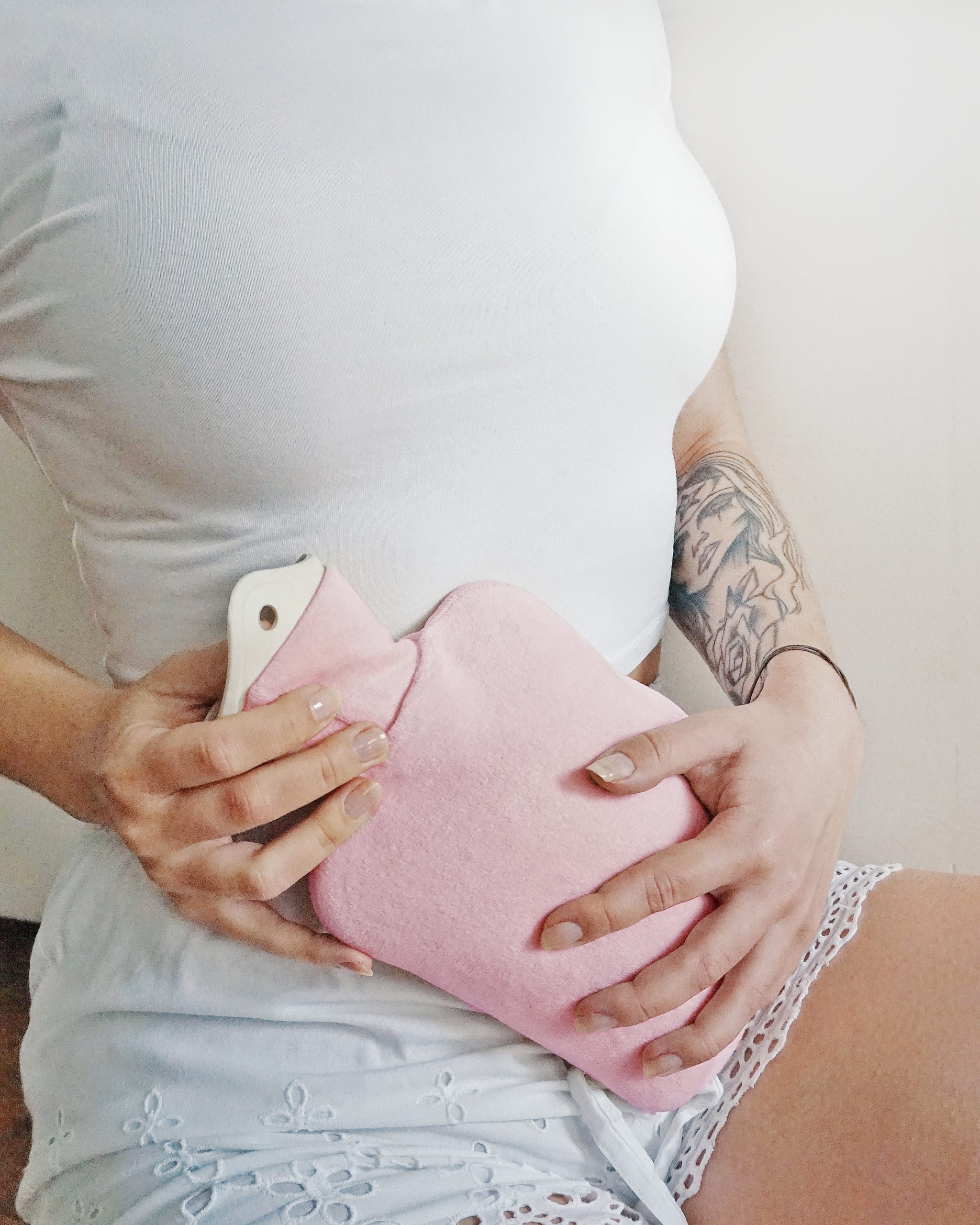
2. Premenstrual syndrome (PMS)
Other symptoms that are often chalked up to simply being a woman are all the discomforts we can feel one to two weeks before our period.
PMS includes bloating, tender or painful breasts, mood swings, anxiety, and uncontrollable cravings.
Again, feeling your body change a few days before your period is normal. But these changes shouldn’t come with pain or debilitating symptoms.
We often dismiss PMS by saying it’s “just hormones“ or “just a sign that we’re getting our period.”
But it’s actually a sign of hormonal imbalance and therefore a health issue that should be taken seriously.
Premenstrual syndrome is often linked to excess estrogen and/or lack of progesterone.
3. Hormonal acne
This one I know all too well, since it was the most visible symptom I experienced when I had my worst hormonal imbalance back in 2018.

3. Hormonal acne
This one I know all too well, since it was the most visible symptom I experienced when I had my worst hormonal imbalance back in 2018.
Hormonal acne is characterized by cysts on the lower part of the face — chin, jawline, and neck. These are the kind of breakouts you can’t pop and that can be incredibly painful.
Depending on when the acne appears in your cycle, it can be a sign of excess androgens, excess estrogen, and/or lack of progesterone.
If you want to learn more about hormonal acne specifically and how I healed it naturally, I talk about it in detail in this article.
4. Irregular or missing periods
If your periods aren’t consistent and disappear completely for several months, that’s a very clear sign of hormonal imbalance.
It might seem “convenient” not to get your period, but it can also lead to other underlying health issues. Trust me, we want to avoid that.
Because no, having a regular menstrual cycle isn’t just about fertility.
Your hormonal system is connected to all the other systems in your body, and not having a regular cycle can impact your energy, your skin, your bone health, your sleep… basically, way more than just your uterus.
Irregular or missing periods can be linked to “faulty” or missing ovulation, caused by lack of progesterone or excess androgens (as is the case with PCOS).
5. Extremely Heavy Menstrual Flow
If you’re dealing with periods so heavy that you need to change your protection every 1-2 hours… major red flag.
You shouldn’t have to go through this.
An extremely heavy flow is often a sign that your uterine lining is too thick, which can be caused by excess estrogen and/or insufficient progesterone.
When there’s too much estrogen or not enough progesterone to balance it out, the endometrium (that lining that builds up in your uterus each month) gets thicker than it should be.
And when it’s time for your period, there’s simply more tissue to shed, which makes bleeding heavier, longer, and sometimes even comes with clots.
This isn’t just uncomfortable and inconvenient. Losing too much blood every month can also lead to chronic fatigue or iron deficiency.
6. Cycles That Are Too Short or Too Long
A menstrual cycle is considered normal when it lasts between 25 and 35 days. Anything outside of that range is often a sign of imbalance.
A cycle that’s too short might indicate a luteal phase that’s too short, caused by low progesterone levels.
A cycle that’s too long could be a sign of late or absent ovulation, often linked to excess estrogen or androgens.
And let’s get this straight once and for all: the pill does NOT regulate your cycle.
7. Irritability and Anxiety
Feeling sensitive and anxious, especially during your luteal phase, isn’t just you being “hormonal” or some excuse because you’re about to get your period.
If your emotions and anxiety feel out of control, if you’re feeling depressed at the end of your cycle, and if it’s affecting your daily life, this could also be a sign of hormonal imbalance.
Anxiety and irritability are common signs of low progesterone — the hormone that plays a calming and stress-reducing role in your body.
Progesterone helps calm your nervous system and supports GABA production, a soothing neurotransmitter.
When it’s too low, your body becomes more sensitive to stress, intense emotions, and even insomnia.
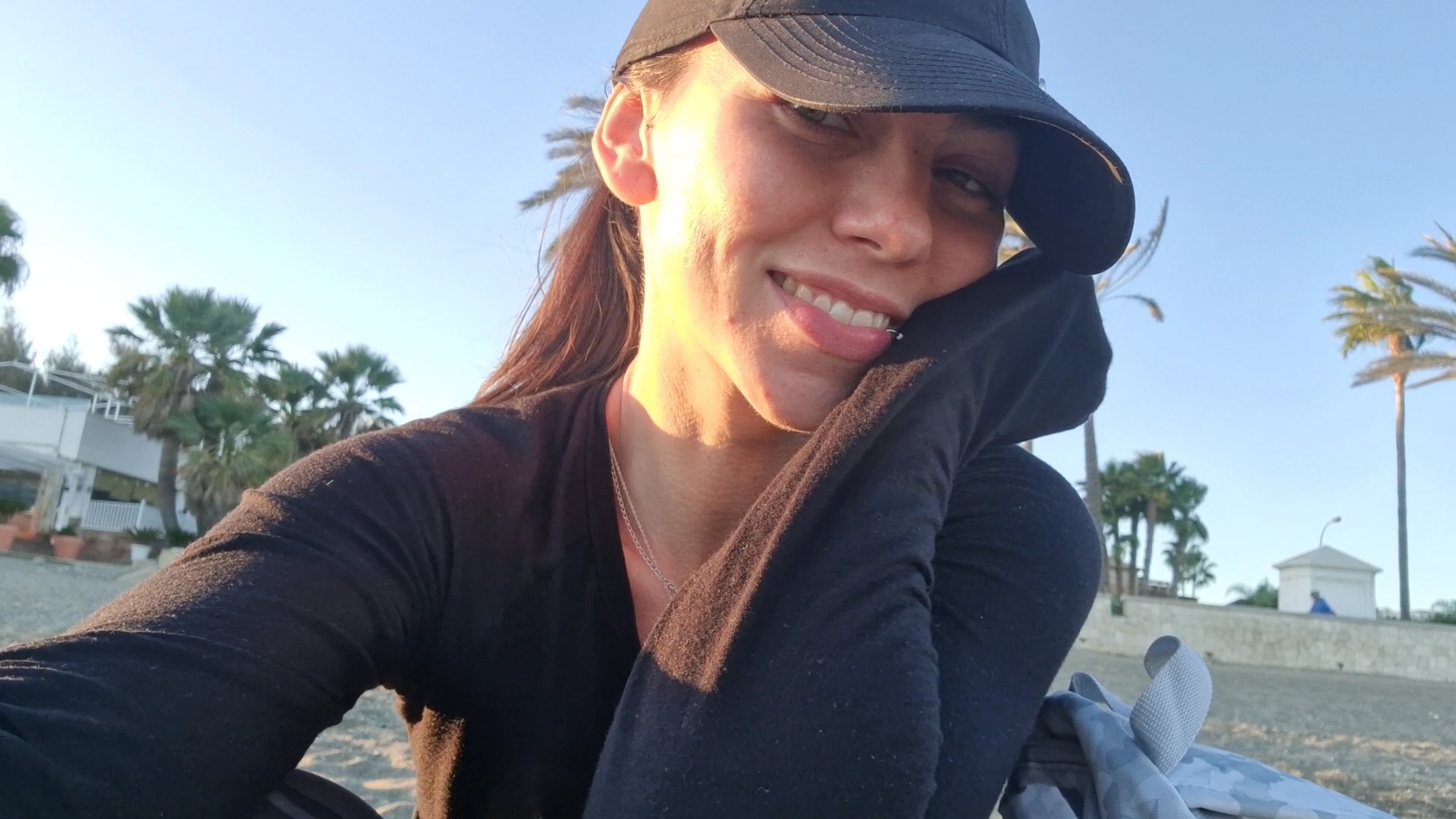
your mental health matters <3
8. Low Libido
Let me reassure you—it’s not always about your relationship or lack of desire.
It could also be a hormonal imbalance.
A drop in libido can have several causes, but from a hormonal standpoint, it’s often linked to low levels of testosterone, estrogen, or progesterone.
Estrogen stimulates lubrication, testosterone fuels desire, and progesterone brings that sense of inner security.
When these hormones are out of balance, your body simply isn’t in connection and pleasure mode—it’s in survival mode.
9. Sleep Troubles
Having trouble falling asleep, waking up in the middle of the night, or feeling like you’re not recovering despite a full night’s rest?
This could be linked to low levels of progesterone (the calming and relaxing hormone) or estrogen (which disrupts serotonin and melatonin production).
These hormones help align our circadian rhythm and influence the neurotransmitters related to sleep.
When they drop, especially at the end of your cycle, it can make sleep lighter, more fragmented, or completely elusive.
Plus, since sleep plays a key role in hormonal regulation, lack of sleep often makes the imbalance worse, which can trap us in a vicious cycle.
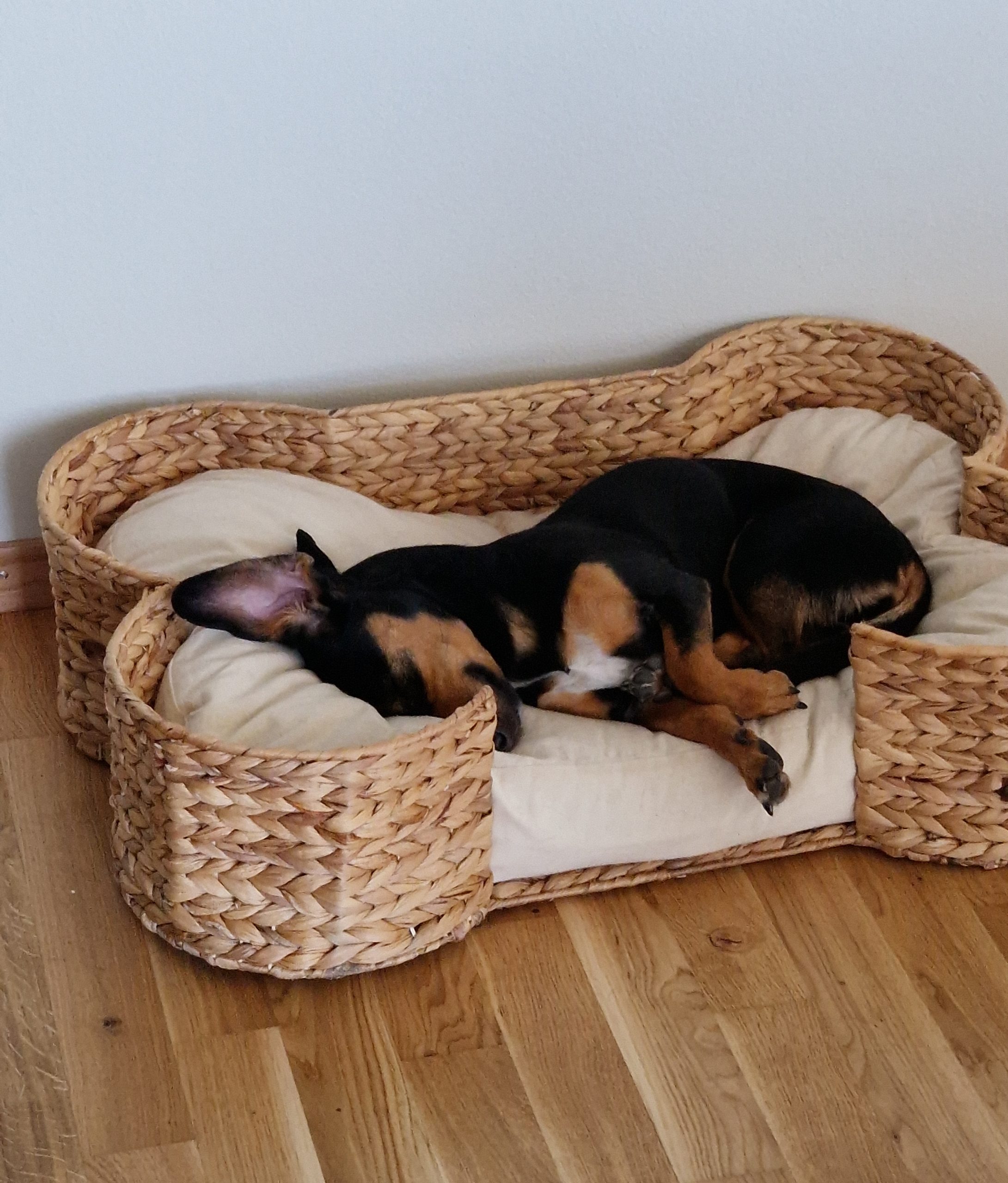
what you should look like sleeping with balanced hormones ◡̈
10. Recurring UTIs
To wrap up, here’s a symptom I knew all too well after going off the pill—one where we couldn’t figure out what was causing it.
I had to go through a bunch of bladder tests only to find out it was in perfect shape and that the UTIs were linked to a hormonal imbalance—which didn’t even show up in my blood work, by the way.
Recurring UTIs can stem from low estrogen levels.
Estrogen keeps the vaginal lining thick, supple, and well-hydrated, which strengthens the natural barrier against bacteria.
But when estrogen is too low, the lining gets thinner, dries out, and becomes more vulnerable to bacteria like E. coli.
This makes it easier for bacteria to travel up to the bladder and for UTIs to keep coming back.
What Causes Hormonal Imbalances
Now that we know what the most common imbalances are, let me explain why and how our hormones get thrown off track.
Why does this matter?
Because we often chalk them up to just being a woman, having periods, or getting older.
But the truth is, our lifestyle plays a huge role in our hormones and how we feel day-to-day.
And yes, your symptoms can be treated naturally when you learn to understand your hormones.
Going Off Hormonal Birth Control
This is one of the most obvious causes, but I think it’s important to explain and help you understand what happens in your body when you decide to start or stop birth control.
Hormonal contraceptives are still way too often prescribed to supposedly regulate cycles, treat period pain, or clear up hormonal acne (when I started taking the pill, that was a real selling point).
What they don’t tell us is that it doesn’t actually treat anything. Hormonal birth control stops your cycle by limiting or preventing your body from producing certain hormones.
So if you already had symptoms and hormonal imbalance before starting birth control, there’s a good chance you’ll get them back as soon as you stop.
Often, the post-birth control period is even worse since your body goes from producing (basically) no hormones to having to find its rhythm again.
For me, it took over 10 months to find balance again.
If you’re thinking about going off hormonal birth control, I’m not trying to discourage you.
But honestly, the sooner you stop, the sooner you can actually fix the problem and balance your hormones.
Living With Chronic Stress
Probably the most underestimated cause.
We all already know that stress is bad for our health, but we don’t always realize how it affects us specifically.
I always say this, but stress isn’t just about having a heavy workload or exams if you’re a student.
Stress can also come from being in toxic relationships, having a job that doesn’t fulfill you, putting pressure on yourself, overtraining, or not eating enough.
All of these things create stress in our body and put our nervous system on high alert.
To defend and protect itself, the body will put all its focus on managing this stress, especially by producing cortisol, which slows down the production of our female hormones.
Having an Unbalanced Diet
A diet that’s low in nutrients and high in sugar, saturated fats, and ultra-processed foods can disrupt your digestion, liver, gut microbiome, and as a result, your hormonal balance.
The good news is that you have control over your diet.
Adding fruits, vegetables, protein sources, fiber, healthy fats, and vitamins to each of your meals will not only improve your overall health, but also your hormones and therefore your symptoms.

the homemade poke bowl recipe is available here
What does this involve? Adding specific foods to the different phases of your cycle.
Why? Because our hormones fluctuate every week, which means our nutritional needs are different too.
For example, certain foods are more beneficial during the ovulatory phase to help eliminate the excess estrogen your body produces at that time and prevent estrogen dominance.
During the luteal phase, certain foods will help boost progesterone and make you feel better at the end of your cycle.
If you want to learn more, I have a dedicated blog post on this topic at this link.
Ignoring Your Cycle Phases
Our nutritional needs vary every week, but that’s not all.
The same goes for our energy levels, our need for rest, and even our abilities.
Yet the world teaches us to live like men: to live every day the same way.
This includes things like:
- Eating the same type of meals and the same quantities every day
- Doing the same type of workouts every week at the same intensity
- Trying to be productive, social, and focused every single day
If you’re not on hormonal birth control, you’ve probably noticed that you feel a little different each week.
Maybe during your ovulatory phase you feel super motivated to go out and socialize.
Maybe during your luteal phase you’re better able to focus on work.
Maybe you’re more introverted during your menstrual phase.
This is totally normal. It’s our hormonal fluctuation and it’s also the beauty of having a cyclical nature.
The problem here is having unrealistic expectations of ourselves and our bodies.
Putting pressure on ourselves to act and perform the same way every day.
Forcing things that don’t feel right because the world has taught us we need to be consistent.
All of this also creates stress in our body and throws our hormones off balance.
So I highly recommend getting to know your four cycle phases and how your body changes week after week.
This is literally what helped me balance my hormones and heal my symptoms naturally. You can find my article on this topic right here.
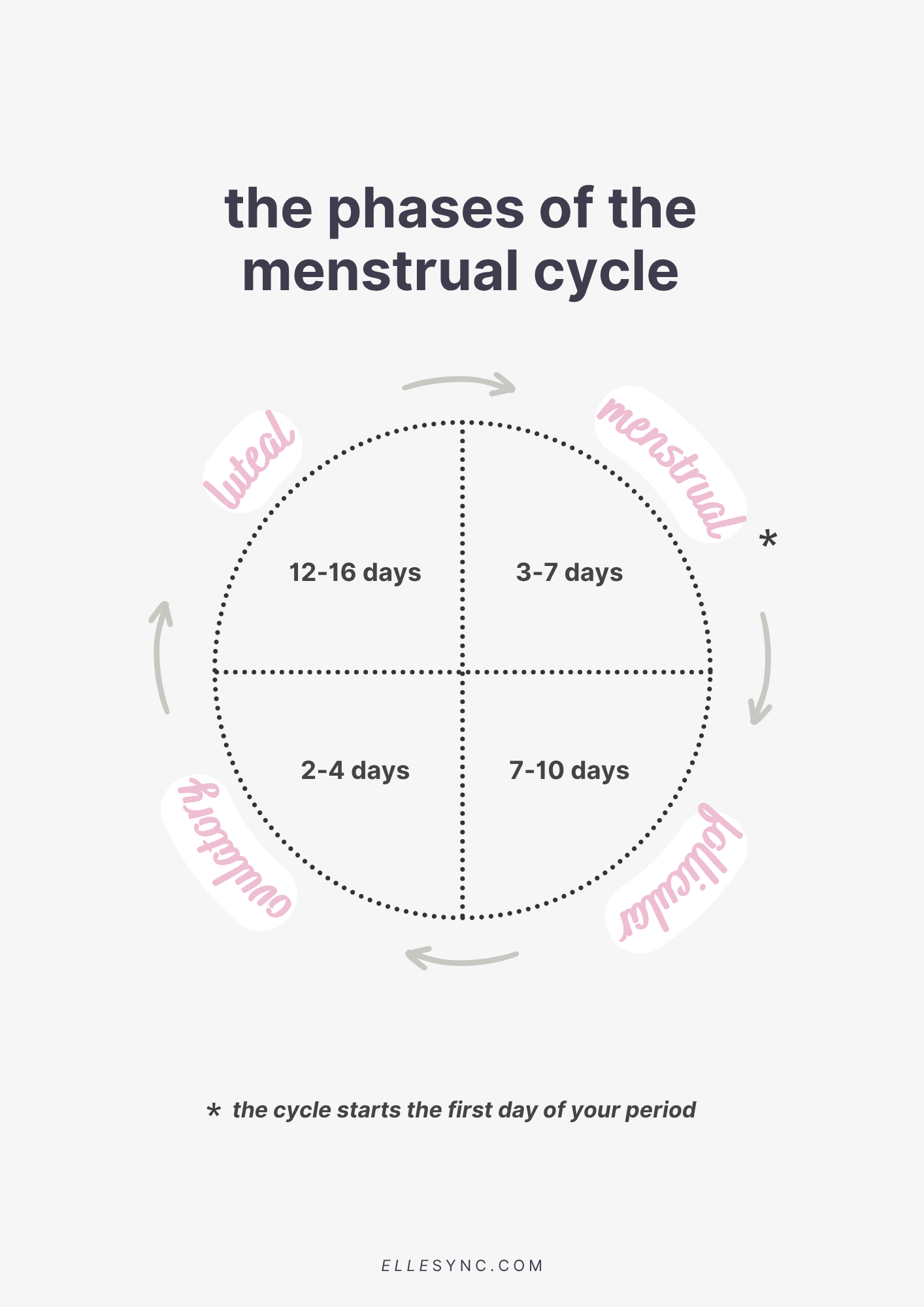
How to Treat Your Hormonal Imbalance
With all of this, you already have some clues about how to manage your hormonal imbalance.
Here’s a little list of things that personally helped me (and resources to guide you).
- Understanding and living according to the 4 phases of my cycle
- Eating according to cycle phases
- Learning to manage my stress (limiting social media, lots of journaling and practices that reconnect me to myself)
- Switching from coffee to matcha (especially during luteal and menstrual phases)
- Allowing myself to rest more, sleep more, and take naps when I need them, especially at the end of my cycle
- Changing my relationship with discipline
- Valuing myself, learning to trust myself, following my dreams
- Getting out of toxic relationships
- Learning to listen to my body daily
These days, we see a lot of ads for miracle products that will balance your hormones and get rid of your symptoms.
But your hormonal imbalance probably isn’t caused by just one thing, and it probably can’t be solved from the root with just one supplement, tea, or patch.
I strongly believe that everything is connected and that if one aspect of your life is out of balance, it’s going to impact your health and well-being.
I hope this article helped you and inspired you to take back control of your hormones. If I could do it, you can do it too!!


